5 Things Executives Must do to Support a Data Culture
/Executives today are faced with many pressing needs. Customer success, your P&L, internal politics, shareholders and investors, managing your teams, strategy and goals, keeping your key projects moving forward. But there’s a new growing factor to add to this never-ending list: Data.
You hear about it from Harvard Business Review. You hear about it from Forbes. You hear about it from McKinsey, and the Wall Street Journal, and CIO. You hear about your competitors doing things with data to get an edge.
In a previous article, we talked about the critical components of making data work in your organization. Hint: It isn’t just investing in a data science team and then waiting for profits to roll in.
Culture change must be part of the equation. Probably not what you wanted to hear, but that’s what it’s going to take. Changing your team’s culture takes several things, but the critical part we’re discussing today is the top-down approach.
Here are the five starting items that executives need to consider when implementing your data culture change.
Support a data-informed decisioning culture
This is first because without this then there simply isn’t anything else. Everyone in your organization must be on board to seek out data, learn from data, and make decisions based off analysis. A core tenant of hiring, promoting, and rewarding people needs to be off of strong data-informed decisioning. This applies just as much to executives themselves as their staff. Too often data is produced to back a gut-based decision and proper analysis and experimentation not performed. Then, when something does not workout then people raise their hands saying the data told them to do so but instead data just supported the desired outcome. There is a component to this item which requires that data and ability to access and analyze it must be put in place and maintained through proper data governance and self-service business intelligence platforms.
Support your Key data champions
Every organization needs data champions to keep your momentum going. You should have many of these data champions, embedded in the business lines, singing the praises of analytics and what data can do for them. Who are your data champions? Are they being recognized, rewarded, and empowered in their efforts? It is vital that executives understand that data champions are needed to drive data culture bottom-up.
Support data-informed decisioning technologies
It is no surprise that having appropriate data and analytics technologies available for not just the analytics teams but also the business teams is a must. Having the proper tools to do the job whether it is Tableau, Qlik, Power BI, Domo and others. That data and ability to access and analyze it must be put in place and maintained through proper data governance and self-service business intelligence platforms.
Support an information-sharing culture
It is not alright for departments to silo off data so they can benefit from it and other departments can’t. Yes, there are instances that data cannot be shared for various data privacy reasons. But, when data is shareable within an organization, the default should be to do it. It is not alright for departments and people to indiscriminately put up data silos against other areas of the company.
Support organization-wide data literacy
Data literacy is essential for all of your employees. This doesn’t mean that everyone needs to be a data scientist. In fact, there are different levels of data literacy needs depending on organizational roles. First, understanding your employees’ data literacy is essential. Then, helping those employees close data literacy gaps with training that is done in an engaging and practical way.
All these items are essential for executives to drive a data culture. However, it is really important to point out that executives must eat their own dog food. No longer is it alright for you to tell others to do what you say, now what you do. Demanding data in your own decisions and even getting hands-on with an executive level dashboard should be expected.
Taking these items and putting into practice will help create a data culture at your organization. Then, everyone will not only be speaking the language of data together and making decisions on analysis in a sustaining data culture.
This article appears in a series of blog posts about Data Culture, Data Literacy, and why it matters for organizations to think beyond Data Science. If you liked this article, make sure to read the rest of the series:
Five Reasons Why Data Culture is Just as Important as Data Science
The Key Roles of a Data-Informed Organization
Who is Driving your Data Culture? The Role of the Data Champion

